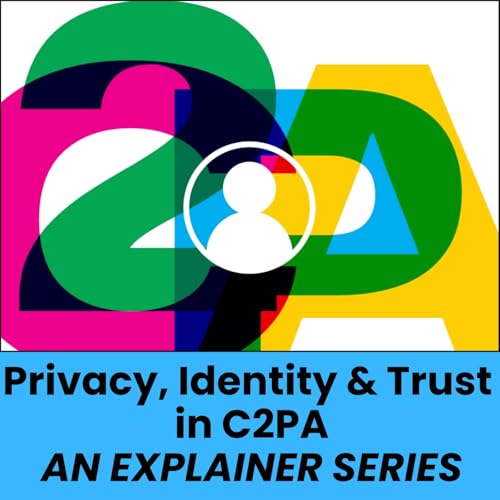Inside Chile's Department of Social Security Superintendence — the country's social security and medical insurance agency — medical claims processors hold the livelihoods and future health of thousands of people in their hands. They are responsible for deciding whether or not the government should pay wages when workers are on medical leave or cover other expenses such as occupational mental health related costs.
Like many government agencies these days, the agency, known by its acronym SUSESO, has begun to use machine learning models to help its limited staff process a high volume of medical claims. The idea is to streamline and in some cases automate certain parts of that claims evaluation process.
Use of AI and the tools used to govern and assess these systems have upended traditional government processes. And in Chile, SUSESO project manager Rodrigo Moya is caught in the middle. Moya heads up the Digital Transformation, Innovation and Project Unit in SUSESO's Technology and Operations Department. He must balance project time and resource constraints with the need to analyze risks and impacts of AI.
In this episode of Privacy on the Ground, you'll hear the story of how Moya and others at SUSESO have used Chile's AI governance tool requiring assessment of AI systems as part of the AI procurement process, and about how Moya has navigated tensions regarding use of automation when it comes to risky government decision making affecting people's lives.
Featured in this episode:
- Rodrigo Moya, head of the Digital Transformation, Innovation and Project Unit in the Technology and Operations Department at SUSESO
- Mariana German, researcher in the Ethical Algorithms Project at GobLab, the public innovation laboratory at Chile's Universidad Adolfo Ibáñez's School of Government
- WPF's deputy director and Privacy on the Ground host and producer Kate Kaye
This episode of Privacy on the Ground features music by Maciej Sadowski. The Privacy on the Ground intro theme features music by Pangal.
 27 min
27 min 24 min
24 min 15 min
15 min Jul 12 202544 min
Jul 12 202544 min May 28 202556 min
May 28 202556 min 29 min
29 min 21 min
21 min 39 min
39 min

